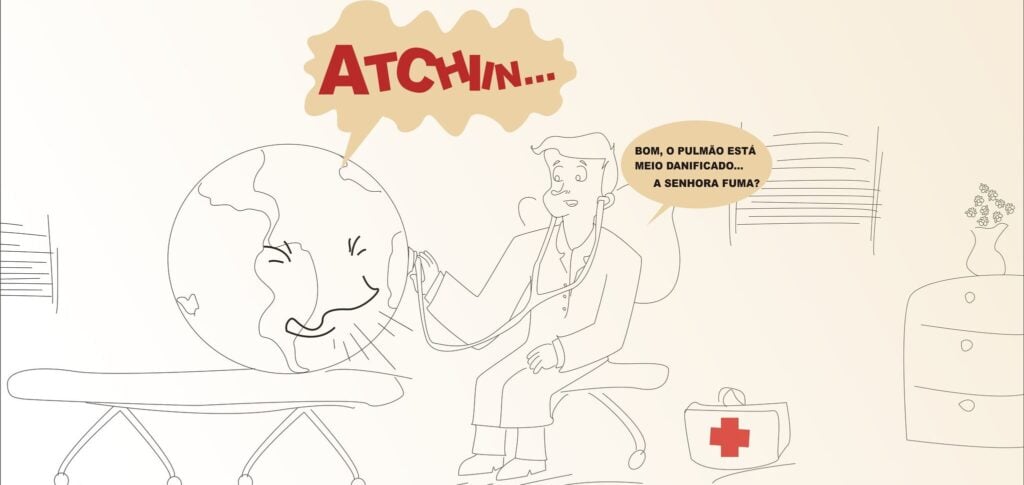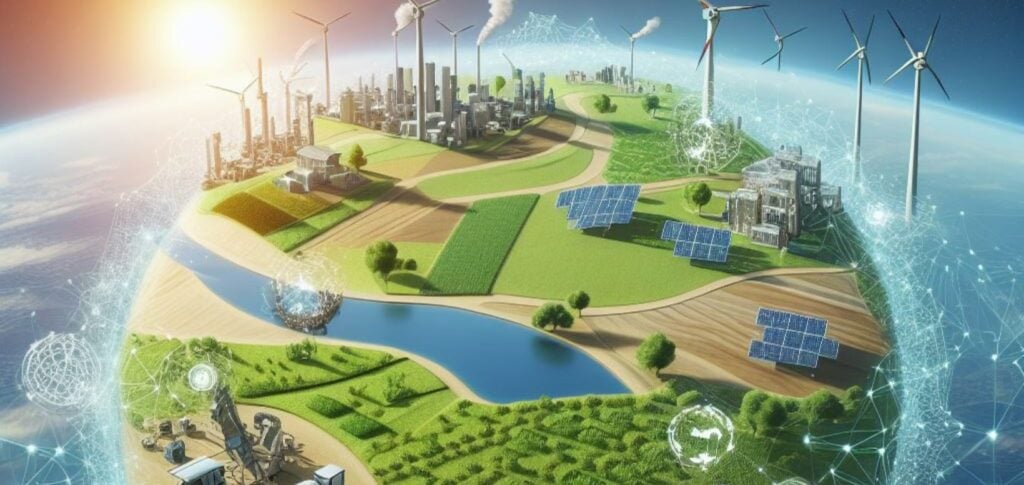Going beyond climate disruption, the Earth Commission group of scientists report (🇬🇧) presents disturbing evidence that our planet faces growing crises of water availability, nutrient loading, ecosystem maintenance and aerosol pollution. These pose threats to the stability of life support systems and worsen social equality.
ADVERTISING
The study, published in Nature this Wednesday (31), is the most ambitious attempt to combine vital signs of planetary health with indicators of human well-being.
Earth's health failing in seven out of eight key measures, say scientists https://t.co/Bit0rdTbrn
— Guardian Environment (@guardianeco) May 31, 2023
Professor Johan Rockström, one of the study's main authors, told The Guardian (*): “It is an attempt to make an interdisciplinary scientific assessment of the entire planet-people system, something we must do given the risks we face. We have reached what I call the 'saturation point', where we have reached the ceiling of the Earth system's biophysical capacity to remain in its stable state. We are approaching tipping points, we are seeing more and more permanent damage to life support systems on a global scale.”
The Earth Commission – established by dozens of the world's leading research institutions – wants the analysis to form the scientific backbone of the next generation of land goals and practices. sustainability process, which go beyond the current focus on climate to include other indices and environmental justice. It hopes that cities and companies adopt the goals as a way of measuring the impact of their activities.
ADVERTISING
The study establishes a series of “safe and fair” references for the planet that can be compared to the vital signs of the human body. Instead of pulse, temperature and blood pressure, it looks at indicators such as water flow, phosphorus use and land conversion.
The thresholds are based on a synthesis of previous studies from universities and UN scientific groups, such as the Intergovernmental Panel on Climate Change and the Intergovernmental Science-Policy Platform on Biodiversity and Ecosystem Services.
The authors say the planetary diagnosis is bleak but not yet beyond hope, although time for a remedy is running out. ⏳
ADVERTISING
Read also
(🇬🇧): content in English
(*): Content in other languages translated by Google Tradutor
(🚥): may require registration and/or subscription
* The text of this article was partially generated by artificial intelligence tools, state-of-the-art language models that assist in the preparation, review, translation and summarization of texts. Text entries were created by the Curto News and responses from AI tools were used to improve the final content.
It is important to highlight that AI tools are just tools, and the final responsibility for the published content lies with the Curto News. By using these tools responsibly and ethically, our objective is to expand communication possibilities and democratize access to quality information. 🤖




